The education system in Germany has a growing reputation. The education system in Germany has led the country to the forefront of the technological and innovation race in the West. Their state-of-the-art infrastructure inspires students to explore their knowledge capability. Not only that, their rich research facilities support a curriculum that allows students to spend half their academic period gaining practical learning. Studying in Germany could be an incredibly rewarding experience for international students.
THE GERMAN LIFE
Germany shares its borders with 9 countries that are not only a beautiful sight but are also rich in culture. As most of the German universities are in metropolitan cities, students can explore life in Germany and around. This all comes at a minimal expense and a weekend. It is a great place to live with its unique charms. Cologne Cathedral, a masterpiece of Gothic architecture, is the most visited sight followed by Europa Park, English Garden, Neuschwanstein Castle and Mercedes-Benz Museum. Furthermore, the country is famous for its beer festivals, leading chocolate production, hedonist techno scene, and delicious bread.

Cost of study in Germany
- Education fees in Germany - Education fees in Germany €10,00 to €20,00 per year (Free in public universities)
- Cost of living in Germany - Around €11,208 per year
- figure may vary as per the university, location, course and its duration
THE GERMAN LIFE
EDUCATION SYSTEM IN GERMANY
The higher education system in Germany allows students to choose between a Hochschule and a university. The Hochschulen education system has institutes which offer hands-on learning experiences. The academia splits into equal parts of practical and theoretical learning. Institutes with this module help students gain more academic and research-based approach to subjects. The university module, on the other hand, is one and the same as in the rest of the world.
Most undergraduate programs in German universities are 3 years while postgraduate courses are 2 years in duration. A few exceptions in Scotland are designed to suffice in 4 years.
WORK IN GERMANY
Germany is a delightful place to live, study and work. The language, however, could still be an issue. Students can work for up to 120 full days or 240 half days per year. Working full time (8 hours) is awarded a minimum wage of €12 per hour. Apart from part-time jobs, companies hire working students and interns as thinkers and curators. In fact, Germany ranks as one of the best countries in Europe with an impressive work-life balance. The average gross salary in Germany is €51.009 a year. The tax rates, like everywhere else, depend on your earnings. Your income is tax-free if you make up to €450 per month.
Do You Have Questions?
German universities have a low acceptance rate. It’s crucial not only to match their admission requirements but also to exceed them to cut the competition and get into any of them. German universities only recognise qualifications that are set by their standards. In its absence, students must to attend a one-year preparatory course called Studienkolleg. While almost all of them accept IELTS and GMAT scores, some might require students to take TestAS. Along with the university application and academic records, students submit their passport copy, photographs, CV, letter of motivation and letter of recommendation.
Choosing a program is easier than it seems. Students should consider their fields of interest, their scope and importance in the future, and competition in the job market. Take a practical approach keeping your likings in mind. As for choosing an ideal university in Germany, students must consider the availability of their desired courses, their financial aspects, scholarship availability and location advantage. Location plays a huge role in the progression of a student both academically and interpersonally. Reviews from other students will also help them weigh their options.
For a course duration of more than 90 days, students must apply for a National Visa instead of a Schengen Visa. National Visas, also called D visas, allow students to study and live in Germany for more than 3 months. It is advised to apply for a German student visa 3 months prior from the local German embassy or consulate in your home country. The visa processing might take 6-12 weeks. The main documents required are the application form, acceptance letter, valid passport and IELTS or any other language proficiency test results. The visa process costs about 75€ or INR 6764. To live in Germany, one must demonstrate a maintenance fund of €8,700 or INR 7.84 Lakh per year and health insurance.
The majority of public universities in Germany offer free education in higher education programs. A payment of €200 to €1,500 or INR 18,000 to INR 1.35 Lakh covers administrative, facilities and public transportation costs. In private colleges, the annual cost of education in Germany starts at €500 or INR 45,000. This could go up to €20,000 or INR 18 Lakh for bachelor’s programs and €30,000 or INR 27 Lakh for master’s and research programs. With a state-of-the-art infrastructure and an impressive faculty on board, PhD students can expect to pay €300 to €3000. In Indian currency, it is INR 27,000 to INR 27 Lakh.
There are a lot of on-campus and off-campus accomodation facilities for International students studying in Germany. Universities extend student residence halls where the rent depends on the location, size and other amenities. Typically, these cost around 250 Euros per month. Alternatively, students can look for on-campus rental facilities on websites like WG-Gesucht, WG-Suche, Uniplaces and Homelike. Not only they have a list of flat shares in most of the cities for students to choose from, they also take care of the paperwork. This could hold a monthly budget of 475 Euros. Alternatively, there are listings with the university’s students’ Union and International Office. As for transportations, students can use U-Bahn (underground train), S-Bahn / Stadtschnellbahn (overground train), Straßenbahn (trams) or Bussen (buses). Germany has bike sharing systems and public transport tickets for students. They may also recieve free or discounted transportation on their student ID.
Germany stands at the 23rd rank in the Health Care Index 2024. It offers some of the most advanced healthcare treatment in Europe. During their education in Germany, students will have access to the necessary healthcare services and treatments on and off campus. As paying from the pocket could be heavy, the country has a health insurance that costs around €110 per month. The law mandates it for all residents of Germany to get a health insurance. As an international student, this insurance coverage will be a part of your visa process. Alternatively, they can also get a private health insurance coverage but it should be recognised by the government of Germany.
Yes and no. Students aspiring to study in Germany need to take a langugage proficiency test. The test results demonstrate their knowledge and ability to grasp the knoweldge as taught in the univerisities. But not all universities need IELTS. If your course is in taught in German, you might need to prove your German language proficiency instead. Stuents need to score between B2 and C1 in the Test of German as a Foreign Language (TestDaF) sets to be considered for admissions. But for a course taught majorly in English, IELTS score of 6.0-6.5 is mandatory. In addition, students need to obtain sectional scores of 5.5 each in Speaking, Reading, Writing, and Listening. Some universities only require academic records if the student had undetaken education in Engligh-medium insitutes for certain years.
Education is free in most of the public universities in Germany. Generally, doctoral degrees too are fully funded. There are universities, however, which charges for advance course and intensive research programs. Forturnately, they have partial and full scholarships available for merit students. A German Academic Exchange Service, DAAD, offers a range of scholarships. Erasmus+ scholarships witnesses participation from about 37 countries with more than 4,000 institutions. The Heinrich Böll Foundation with 1,200 scholarships, Alexander Von Humboldt Foundation with 400-500 scholarship for research students and KAS scholarships for students in applied science and technical colleges are also quite popular. Bayer Foundation supports students with 5 fellowship programs in different fields while the German Cancer Research Centre (DFKZ) offers opportunities for students in biomedical research.

